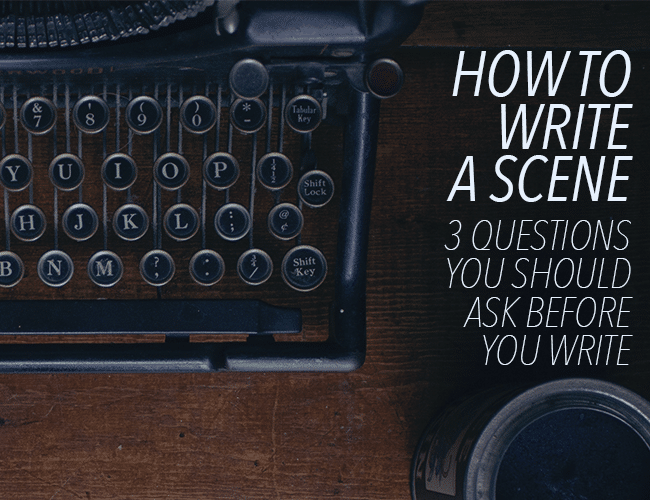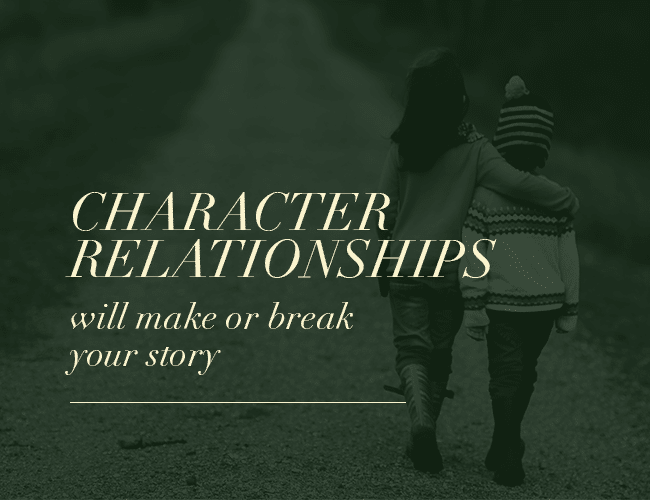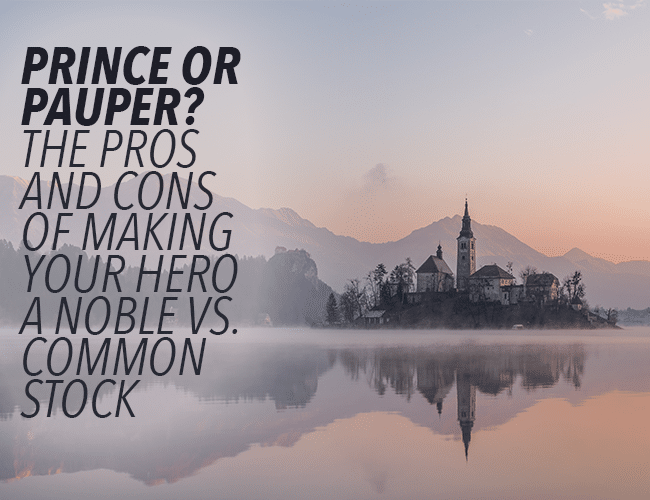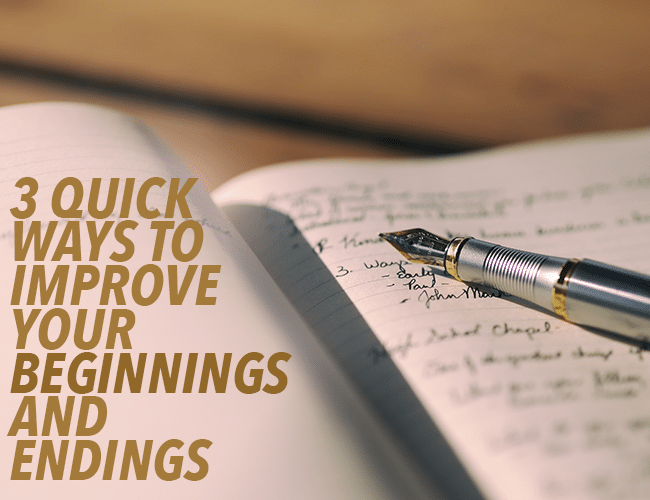
by Sue Weems |
Sometimes I get stuck wondering how to write a scene during a first draft. Or maybe I can’t figure out how to revise a story to make it better. Sometimes I wonder if I am ever going to make any progress in my fiction and life. (Please tell me I’m not alone!)
I’ve been revising this summer, and it’s taking longer than I’d like. I keep returning to the basics of good storytelling to evaluate my scenes, and yesterday, it occurred to me that there are three questions I can ask to clarify almost any scene. Coincidentally, they are the same three questions I usually ask myself to tackle almost any life problem.

by Ruthanne Reid |
I want you to think back to your favorite book or television show. There may be many things that stood out to you about that story—the plot, the scenery, the outfits, the scope, or something else. There’s one aspect, however, that underpins all those things. One detail which, if missing, leaves your readers unable to really invest themselves in your story: relationships between characters.

by Guest Blogger |
Every author has had to tackle following question at some point, whether it be Shakespeare or J.K. Rowling: Are the heroes of my tale going to be of common stock or noble heritage? Will I create a lower class or upper class character? It has been a heated topic of debate since long before the Brothers Grimm ever picked up a pen, and it’s a debate that continues on to this day.

by Sue Weems |
Subtext is the underlying message in a scene. In The Godfather, when Don Corleone says, “I’m gonna make him an offer he can’t refuse,” we know someone (and a horse) is in serious danger. When I tell my kids, “I’m gonna make you an offer you can’t refuse,” I probably mean “Do your chores or I’ll shut down the wifi.”
Same statement, different subtext.

by Sue Weems |
My family moves a lot. Beginnings are often stressful, disorienting things, while endings might be joyous, grief-filled, and everything in between. Funny how stories are like that too. It’s often so difficult to know how to begin a story or how to tie it up at the end. Why are beginnings and endings so hard to do well in writing and life?

by Ruthanne Reid |
Daydreaming is one of your greatest writing tools. Mind you, some people call it visualization. Others call it imagination. I call it story-prep, and here and now, I am officially giving you permission to daydream.
Not convinced yet? Here are three reasons why daydreaming might just be one of the best things you do for your writing today.








